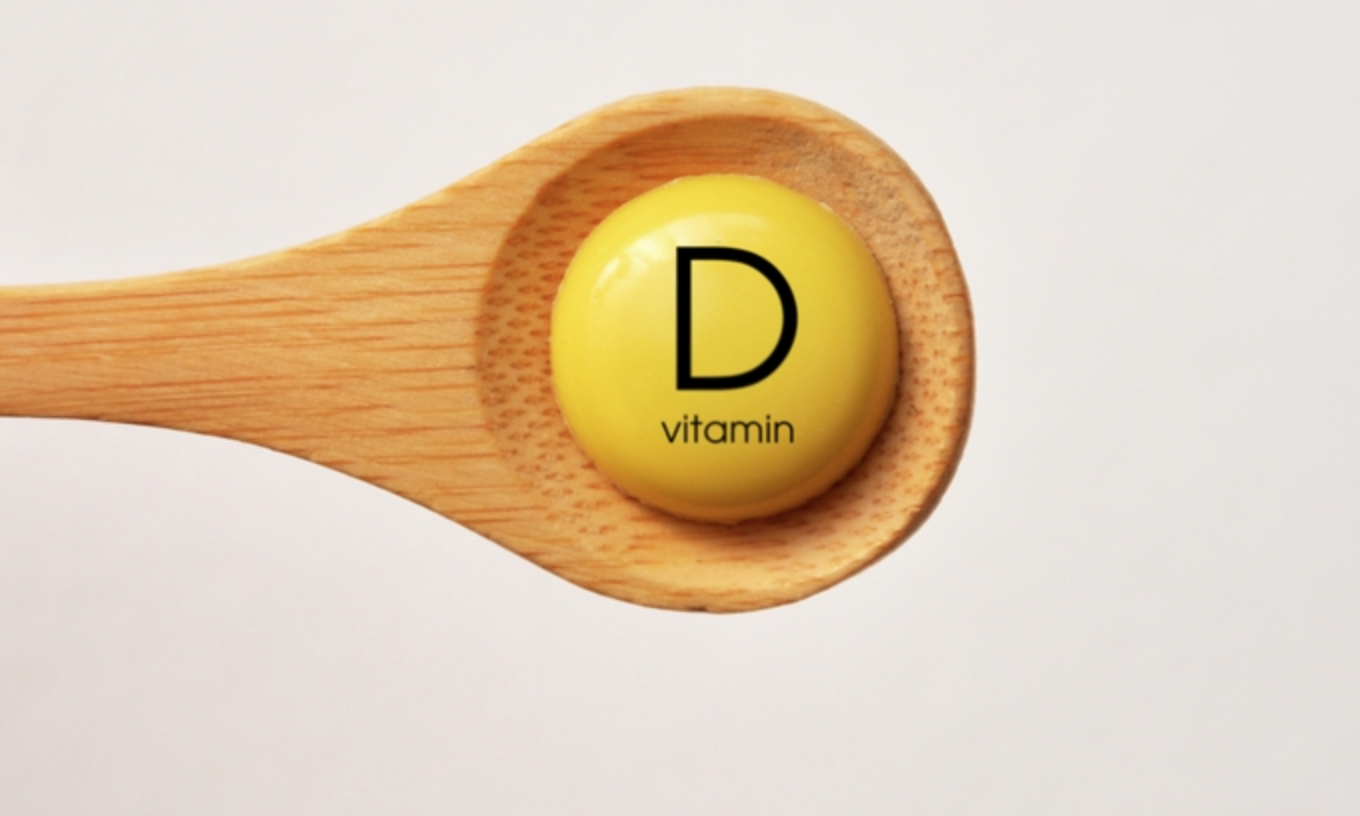Every vitamin plays an important role in our health. There is one, however, that seems to work overtime. It helps us to maintain healthy bones, regulates the growth of our body’s tissues, and strengthens our immune systems. This vitamin is readily available to us in our daily lives and yet almost 40% of North Americans have an undiagnosed deficiency. That incredibly important molecule is Vitamin D.
Vitamin D is a fat-soluble vitamin. This means that your body absorbs it along with fats in your diet and stores it in your fatty tissues. It differs from other vitamins in two important ways:
- Your body produces it. Your kidneys produce vitamin D from cholesterol. In order to do this, however, your skin needs to receive adequate amounts of UV light through exposure to the sun. When the sun hits your skin it causes a chemical reaction that produces cholecalciferol. The liver converts it to calcidiol, and the kidneys convert that into calcitriol. Calcitriol is the active form of vitamin D in the body.
- It acts as a hormone. Every single cell in your body has a receptor for vitamin D. It produces its effects on the body by binding to these receptors
- The recommended daily intake (RDI) of vitamin D is four hundred international units (IU) for children up to one year old, and six hundred IU for people aged one to seventy. For people over seventy years old, the RDI is eight hundred IU.
